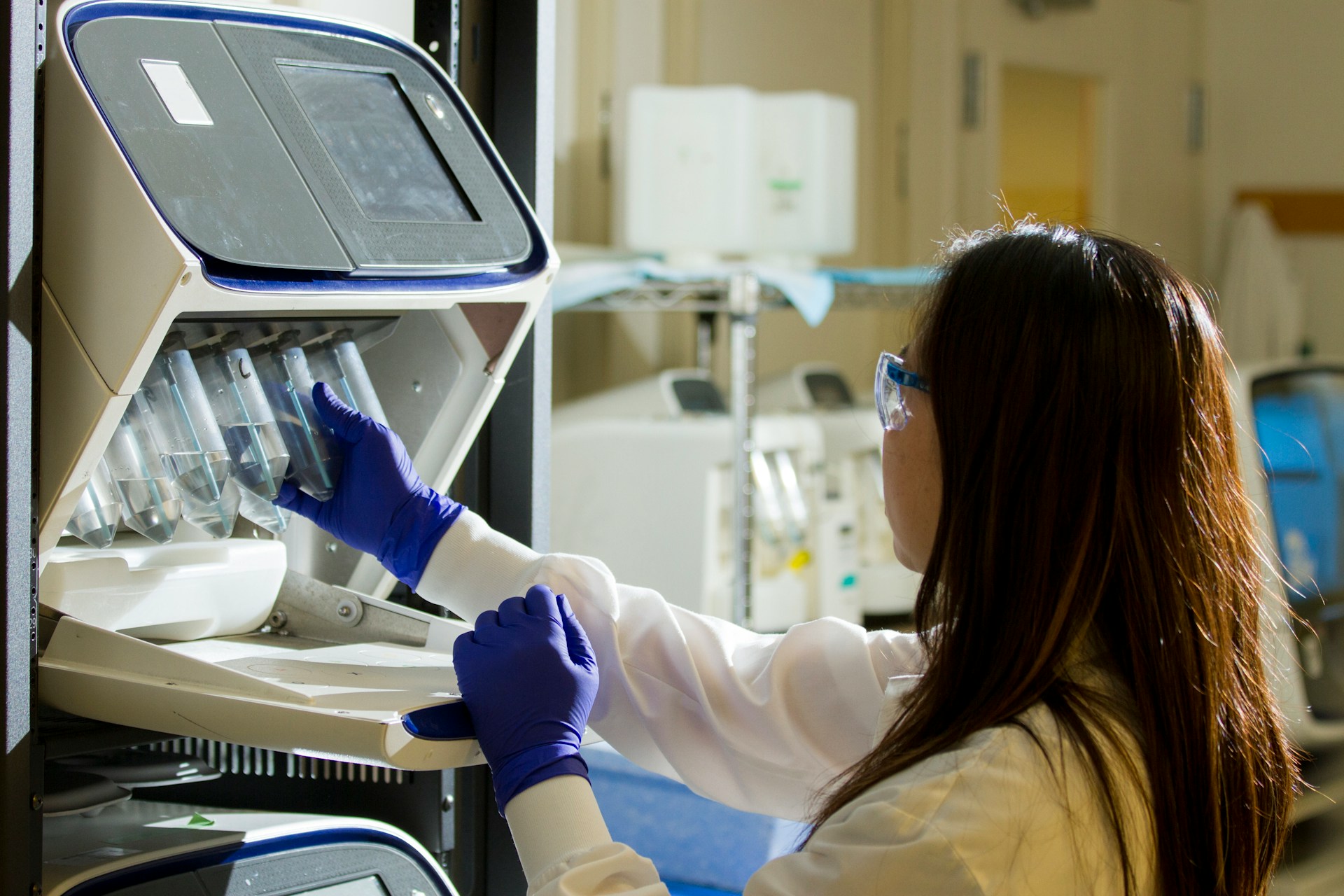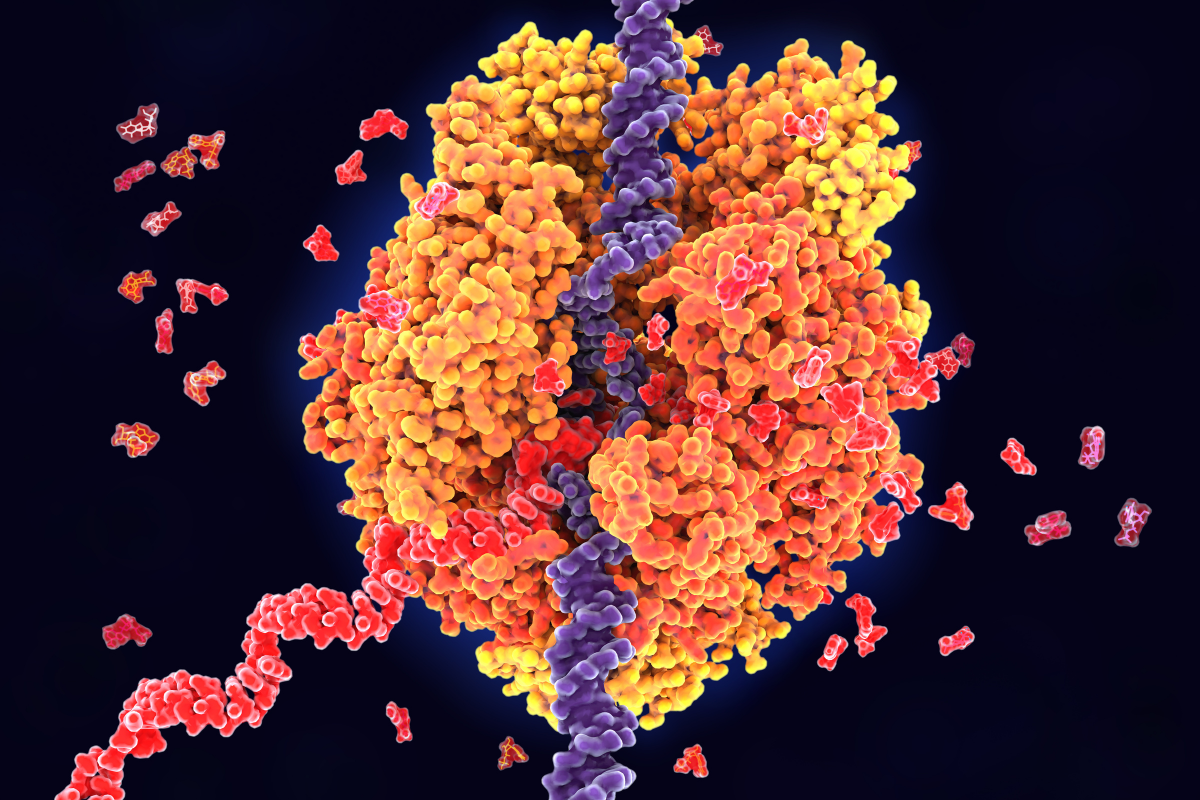Transforming Oligonucleotide Manufacturing: A Transformative UK Collaboration

In the rapidly evolving field of molecular biology, oligonucleotides have emerged as a key modality, revolutionising genetic research, diagnostics, and therapeutics with their remarkable versatility and potential. However, their potential has historically been curbed by inefficiencies in their production process; due to their high-cost and unsustainability, the current development pipeline will likely limit patient access to oligonucleotide therapeutics on a large scale.
A new UK-based collaboration from the Medicines Manufacturing Innovation Centre is looking to change this. The three-year, 2.7 million GBP partnership between the Centre for Process Innovation (CPI), AstraZeneca, Novartis, and the University of Manchester aims to develop an alternative oligonucleotide manufacturing process that is scalable, sustainable, and cost-effective.
The process which researchers are currently working to further develop uses bio-catalysis with a template that enables the building blocks of oligonucleotides (DNA or RNA, a phosphate group, and a nitrogenous base) to be stitch with high-fidelity. This method, which is enzyme driven, has the potential to produce oligonucleotides with a higher level of purity than solid-phase synthesis, which is currently the most common technique for oligonucleotide production. The new process also has a substantially lower carbon footprint.
- Refractive Index Paves the Way to Greener Peptide and Oligonucleotide Synthesis
- The Complex Case of Antisense Oligonucleotides
- Sustainable Synthesis of Therapeutic Oligonucleotides
The initial phase of the collaboration will focus on developing scale-up strategies for liquid phase processes using a new technology based on membrane separation. This first year of the programme will be run by Exactmer, with expertise and support provided by the other partners.
The final stage output will be to enable the commercial feasibility of manufacturing large-scale oligonucleotide batches using these improved methods. Lower costs would help remove the barriers preventing more comprehensive patient access at the moment.
The collaboration is part of the CPI’s "Grand Challenge" program run by the Medicines Manufacturing Innovation Centre. The Grand Challenge program involves a series of challenges that have been devised to tackle industry hurdles which are currently limiting pharmaceutical manufacturing. The oligonucleotide partnership is the third challenge from the program. Other challenges are looking to redefine the production of oral solid dosage medicines and develop an automated just-in-time clinical supply.
Barrie Cassey, Technology Lead of Medicines Manufacturing at CPI, said, “CPI and partners are keen to engage with pharma companies as the project develops the novel technology into a viable approach of oligonucleotide manufacture.” As the collaboration advances, it promises to reshape the future of oligonucleotide manufacturing, heralding a new era of accessibility, affordability, and sustainability in genetic research.
Join Oxford Global's annual Antibody Engineering 2023: Online event today. This intensive 2-day meeting delves into the latest in antibody engineering and antibody-based therapeutics & a meeting place for experts working within engineering, computational tools and antibody-based therapeutics. Download the agenda to join prominent leaders and scientists as they share new case studies, innovative data, and exciting industry outlooks.
Related Resources








